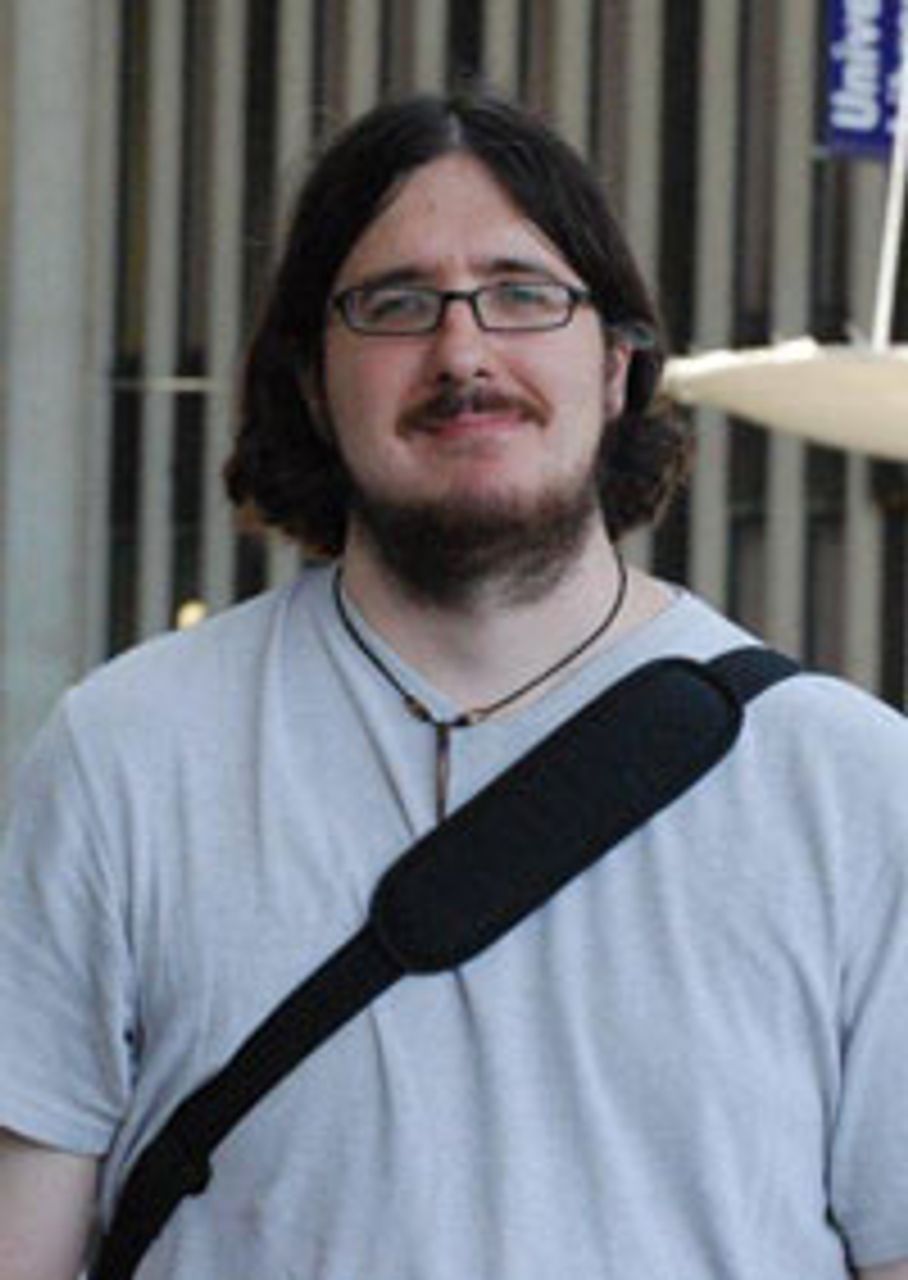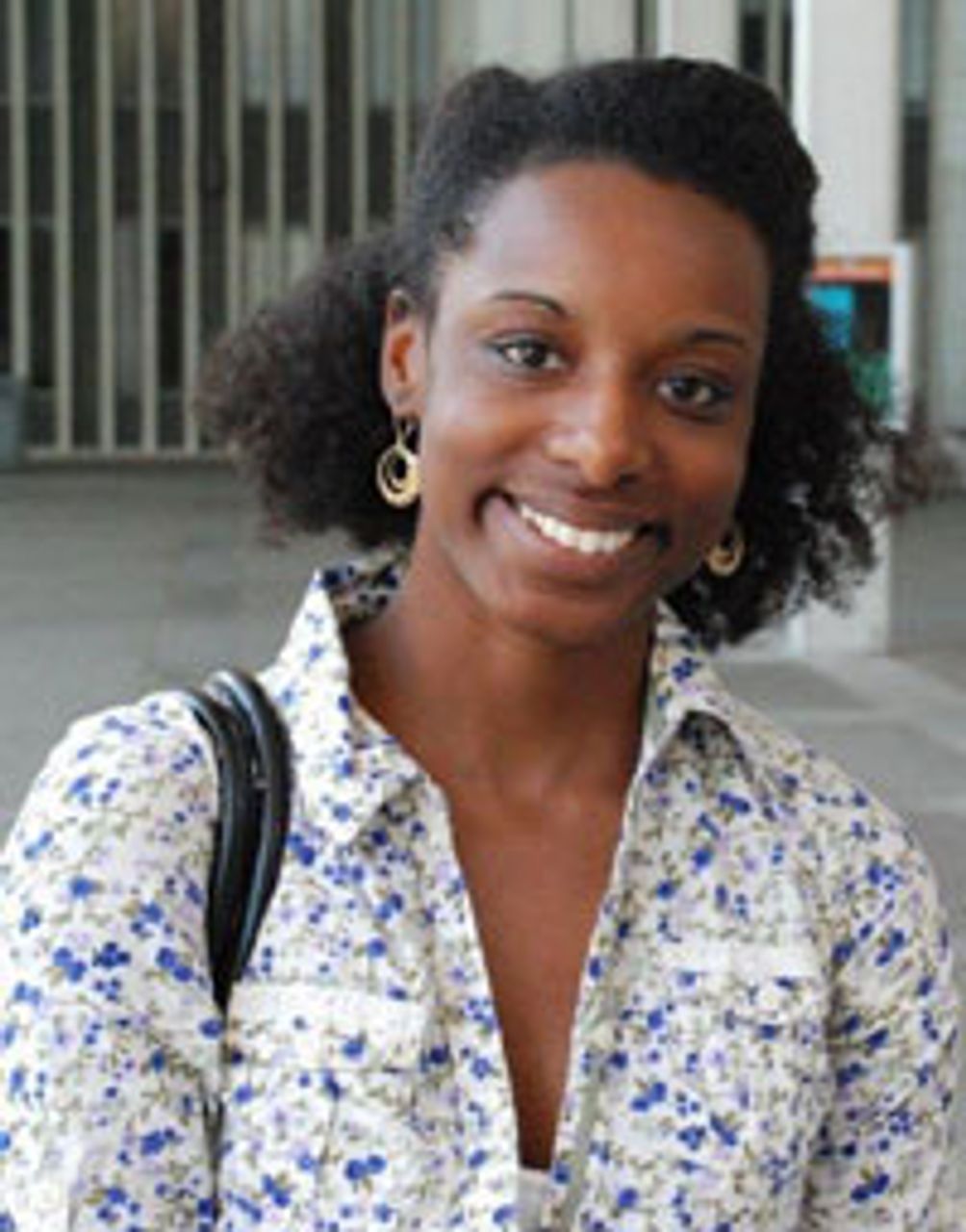Amidst a flurry of last-minute bills passed at the end of the New York State legislative session in June was a “compromise” on tuition hikes for the state’s two major public university systems, the State University of New York (SUNY) and the City University of New York (CUNY).
Although slightly less drastic than Democratic Governor Andrew Cuomo’s original proposal, the final bill, known as SUNY 2020, includes tuition increases of $300 per year over the next five years.
Under this legislation, in-state, undergraduate students in a typical four-year bachelor’s degree program will pay $900 more in their senior year than in their freshman year.
SUNY in-state undergraduate tuition was $4,970 for the school year just ended. The tuition for freshmen entering the upcoming 2011-2012 academic year will, therefore, be $5,270. By their senior year, these students will be paying $6,170. In total, an undergraduate student entering university this fall will have paid a total of $3,000 more in tuition than if the current rate had been maintained.
Out-of-state students will be hit even harder. The increases for them will be $940 per year at SUNY colleges and $1,340 per year at the “elite” SUNY University Centers located in Binghamton, Stony Brook, Buffalo and Albany.
In-state tuition at CUNY four-year colleges is currently $4,600 annually, which will rise to $5,800 by the 2015-2016 academic year. CUNY tuition had already been increased 5 percent for the spring 2011 semester, and an additional 2 percent for the upcoming fall semester.
This so-called “rational tuition plan” has been promoted as preferable to the previous situation under which the state legislature controlled tuition rates, resulting in unpredictable and often substantial tuition increases.
In past years, significant portions of tuition increases have been “swept” by the legislature into the state’s general fund to be used for purposes other than education. The new legislation was promoted as a means of doing away with this practice. However, the final bill was stripped of this provision. Students and their families were merely given assurances by the governor and legislature that ”sweeping” would not happen again.
SUNY 2020 supposedly prevents any reduction from the current level of state aid. However, it includes an “opt out” provision in case of a “fiscal emergency”.
The legislation includes financial aid increases to cover the tuition hikes for only the poorest students, leaving the rest, most of whom were already struggling with the existing tuition rates, with little or no additional assistance. Instead, they will be forced to take on even more debt or try to find extra income, a difficult task given the very high rate of youth unemployment.
The new legislation also includes the “Challenge Grant Program,” which will make up to $35 million available in capital funding to each of the four SUNY centers. Under this program, each school must submit a detailed plan for its long-term economic and academic growth. These plans will be part of the governor’s push for “public-private partnerships” in which public university resources will be tailored to meet the needs of private corporations.
Budget cuts are affecting all aspects of public higher education in New York state, from major attacks on the curriculum, such as elimination of entire departments, as occurred last year at SUNY Albany, to cuts in basic essential services. In an example of the latter, SUNY Binghamton has announced that it will close 27 of the 365 bathrooms on campus, and the cleaning schedule for the remainder will be reduced.
With the $289 million of cuts made in the current state budget, passed at the end of March, SUNY has lost $1.4 billion in the last four years. As devastating as the planned tuition increases will be for students, the extra revenue will not compensate for the loss of state funding. Students are being forced to pay more for a public university education, the quality of which is, in fact, being severely impacted by funding cuts. This makes a mockery of the concept of publicly funded higher education.
While the CUNY student senate opposed the bill, the SUNY student assembly supported the “rational tuition” plan, based on the contention that it would result in more “stability” and “predictability” than the current system. However, news accounts and interviews with students demonstrate strong opposition by the student body.
The WSWS recently spoke with students at the University at Albany (part of SUNY) and at Borough of Manhattan Community College (BMCC, part of the CUNY system) about the tuition increases and the state of the public higher education systems in general.
Nic is a graduate student at SUNY Albany, where he also received his undergraduate degree. As with all the students we spoke with, he was upset with the tuition increases. “They’re putting the cost of government expenditures on the students,” he said.
“I come from a working family,” he added. “I came here on grants and loans. My parents had no money to give me for college whatsoever. I guess I have to take more loans to finish my program. So it just costs me more.” Nic was unsure whether he would be able to continue his studies. Graduate assistantships are directly affected by the budget. If they are cut, he said, he would either have to take out even more loans or discontinue his studies.
Regarding the tuition increases, Nic said, “I don’t agree with the underlying assumptions. It just doesn’t seem right. It doesn’t seem like the students are benefiting. They say the money is going to go back to the schools. I just don’t buy that.” He said that it is ironic that politicians keep talking about the importance of education but are making it more difficult for students to go to school.
Asked about the SUNY student assembly’s endorsement of the tuition increase, Nic said, “The student assembly, they play too much with the politics ... they’re not representing the students.”
Nic expressed the opinion that the crisis is changing people’s consciousness. “People are realizing the class division. You have the working people, either working for the state or small businesses. They’re treated as if they’re not working hard enough, or they’re lazy, or they didn’t come up with the next cool thing to turn the world around. So screw them; leave them and let them suffer the consequences.
“If they’re not good enough to be rich and powerful, then this is what they get. On a positive note, people are understanding that. By people realizing it, that this is the implicit message, then perhaps change will come.
“This belief that things are going good is sort of absurd. There’s a real crisis out there. I’m talking about income, debt, environment, food. This is not working, period. People have to come to the realization that this is not working. People have to think of something else.”
 David Jones
David JonesAnother SUNY Albany graduate student, David Jones, was concerned not only about the direct economic effects on students, but also about the decline in the quality of education. “The tuition increases are a problem,” he said. “It’s more money out of our pockets. But I think the bigger problem is that the tuition increases are occurring simultaneously as they’re cutting back on a lot of programs.
“The administration seems to be gutting the humanities right now, which I think is going to be disastrous, long term, for the university. It’s part of the whole problem with the state government right now. They’ve had a budget shortfall, so we’ve lost a lot of funding and tuition increases are just another way that we’re getting screwed. Students will have to take a lot more out in loans. I hope it doesn’t cause students to drop out.”
Regarding the contrast between tuition increases and tax breaks for the wealthy, David said: “If it were up to me, I’d be in favor of much more taxes for the wealthy. In general, the shortfalls in revenues that we’re seeing at the state level and at the federal level are because of all the tax cuts that we’ve had; one wave after another of tax cuts that we’ve had for the past ten years. That’s created the huge budget deficits that are now being used to threaten default and all that other nonsense that’s going on.
“I certainly think that the wealthiest percentage of our country and of our state should be paying more taxes than they’re paying, and that those moneys should be put into our society through education, through health care, Social Security. But instead it seems that it’s headed the other way. The Democrats will settle for token tax increases with draconian spending cuts.”
 India Houston
India HoustonIndia Houston is a senior undergraduate student at SUNY Albany. Asked about the tuition increases she said, “I think that it’s a horrible thing. Education is very important and should be valued. I feel that we’re not putting that much emphasis on what really matters right now.”
India also spoke about how the political system affects students: “I feel like it’s not really representative of the total student voice. As students we should start speaking up more about these cuts and try to get something done. A lot of times I think our voice is suppressed. I feel like these issues should be considered more.”
She added, “Tuition is already expensive as it is. I really depend on a lot of the resources that are provided to students, with the financial aid package and things of that sort. So increasing the tuition will not help me because it’s already difficult to take care of the tuition load as it is.
“I have heard of some of the cuts in the student assistance grants and things of that sort. I think that’s really detrimental to our education.”
At the Borough of Manhattan Community College in New York City the WSWS spoke two summer school students, Rose and Fritzgerald.
Since Rose lives out-of-state, she is paying $950 for a single course. “I need this course,” she said, “so that I can become a Physicians Assistant. But it’s crazy to pay that much money. A $300 tuition raise is really going to hurt a lot of students.
“These politicians just keep getting more money out of us. It doesn’t affect them or their families. You show me one of them that gets elected and comes back poorer than he went in. We all know who they work for: the banks and the corporations.”
Fritzgerald, a sophomore from Brooklyn, said: “A $300 a year tuition raise is awful. Things are getting worse and worse. At first the politicians claimed that we were over the recession. In my opinion, it’s a bunch of BS. I feel that the system is corrupt. Things are definitely getting worse for me. I’m a barista at a restaurant part-time. I got three days a week and I was just cut down to one. My parents are immigrants. They worked all hours just so I could go to school and get a quality job. But now there are no jobs. How is that the American dream?”
Receive news and information on the fight against layoffs and budget cuts, and for the right to free, high-quality public education for all.
